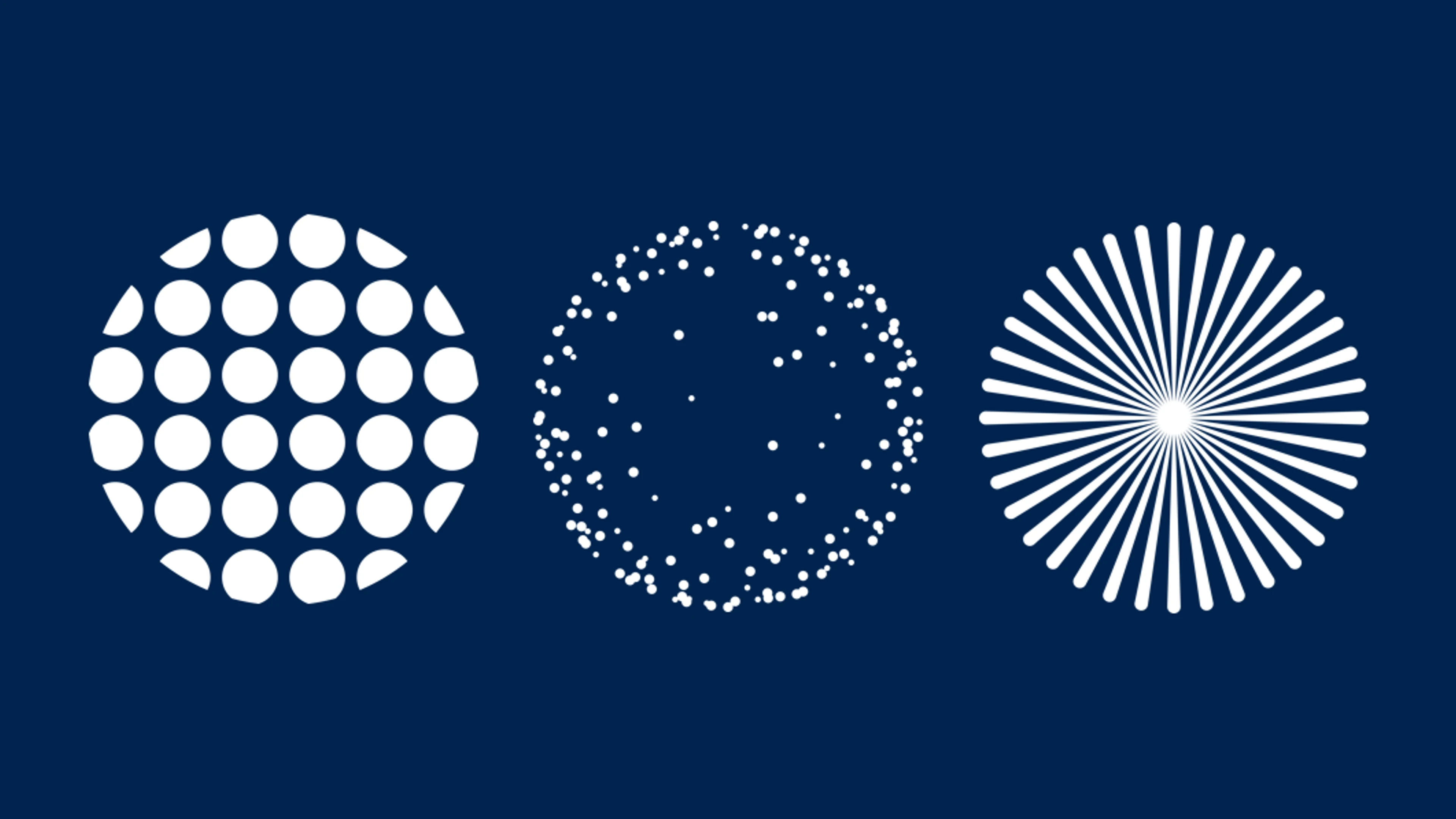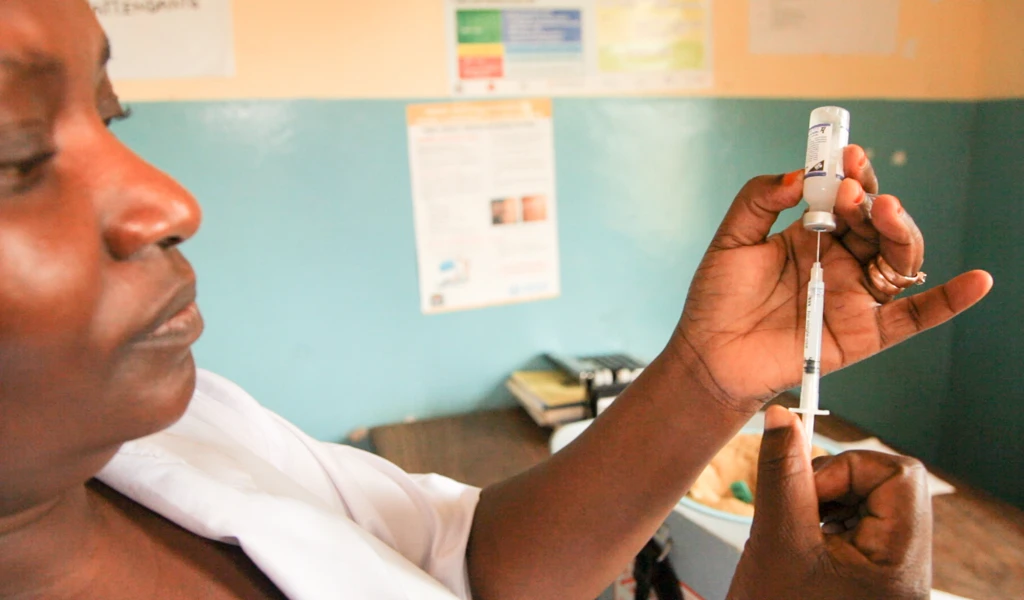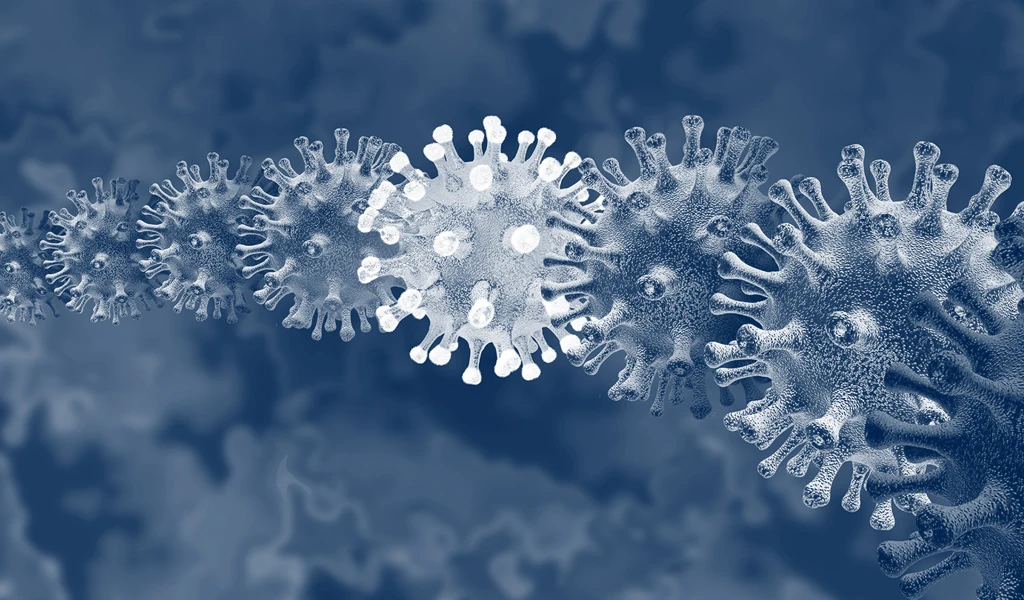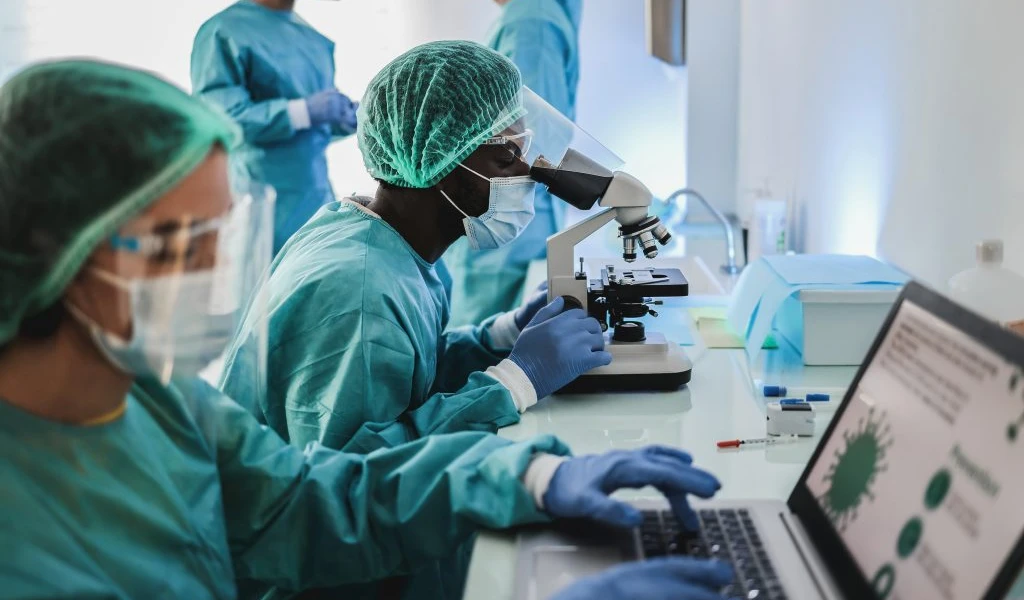Speech made by CEPI CEO, Dr Richard Hatchett, on the emergence of Omicron variant at today's World Health Assembly special session

Dr Richard Hatchett, CEO of CEPI, addressed today's special session of the World Health Assembly—on behalf of the Access to COVID-19 Tools Accelerator—outlining the potential threat presented by variant B.1.1.529, last week designated a variant of concern, named Omicron, on the advice of the World Health Organization, Technical Advisory Group on Virus Evolution (TAG-VE).
During Dr Hatchett's speech he praised scientists on the African continent for their rapid and diligent work warning of the emergence of the Omicron variant. He also spoke about the need for greater international collaboration to prepare for future infectious disease threats.
Dr Hatchett's full remarks:
"Director General Tedros, your excellencies, thank you for the invitation to speak at this Special Session of the World Health Assembly on behalf of the organizations composing the ACT Accelerator.
"When this Special Session was planned, we did not anticipate that it would convene at a moment of impending crisis, nor could we have imagined that any crisis could so perfectly epitomize why this Special Session, and the global framework for pandemic preparedness and response that we hope will emerge from it, is so necessary.
"For the emergence of the Omicron variant has fulfilled, in a precise way, the predictions of the scientists who warned that the elevated transmission of the virus in areas with limited access to vaccine would speed its evolution. Having fully vaccinated less than a quarter of their populations, Botswana and South Africa provided a fertile environment for such evolution. The virus is a ruthless opportunist; and the inequity that has characterized the global response has now come home to roost.
"The cases were picked up, however, only because Botswana and South Africa do have access to diagnostics and among the highest testing rates on the continent, performing nearly 1 daily COVID-19 test per thousand people. And South Africa has first-rate genomic sequencing capabilities — something many countries around the world lack — which helped us recognize almost immediately how dangerous this new virus may be.
"South Africa and Botswana's efficient surveillance, early detection, and warning, and sharing of information have granted the world precious time. Time to implement containment measures and time to prepare. Our industry partners are now intensively investigating whether our current vaccines have been compromised and consulting with regulators and WHO as they develop new ones just in case.
"As you embark on this historic Special Session, I would urge you to keep this example, which is right in front of you, in mind.
"The world is at a crossroads. We know we will face future global infectious disease emergencies and potential pandemic threats. That is a certainty. What happens when these threats materialize, however, is up to us — and in a very tangible sense, up to you.
"We urgently need a global framework or convention on pandemic preparedness and response if we are to have any hope of preventing future pandemics, accelerating the global availability of critical medical countermeasures, and ensuring more just outcomes than we have achieved with COVID.
"We have said, often, all of us, that no one is safe unless everyone is safe and now I would add, and hope all of you agree, "and unless all are prepared to respond, and to act in accordance with globally agreed norms, when new threats emerge."
"Epidemics and pandemics are one of the greatest threats we will face in the 21st century — next to climate change, perhaps the greatest.
"To counter them, in the future, we must learn from this experience. We cannot rely on the uncoordinated action of nearly 200 sovereign states to deliver results better than those we have observed to date. We must strengthen the institutions we have, including the technical agencies that I represent here today. And crucially we must agree on principles for the sharing of data, specimens, and countermeasures.
"Thank you, and I wish you a successful meeting."


